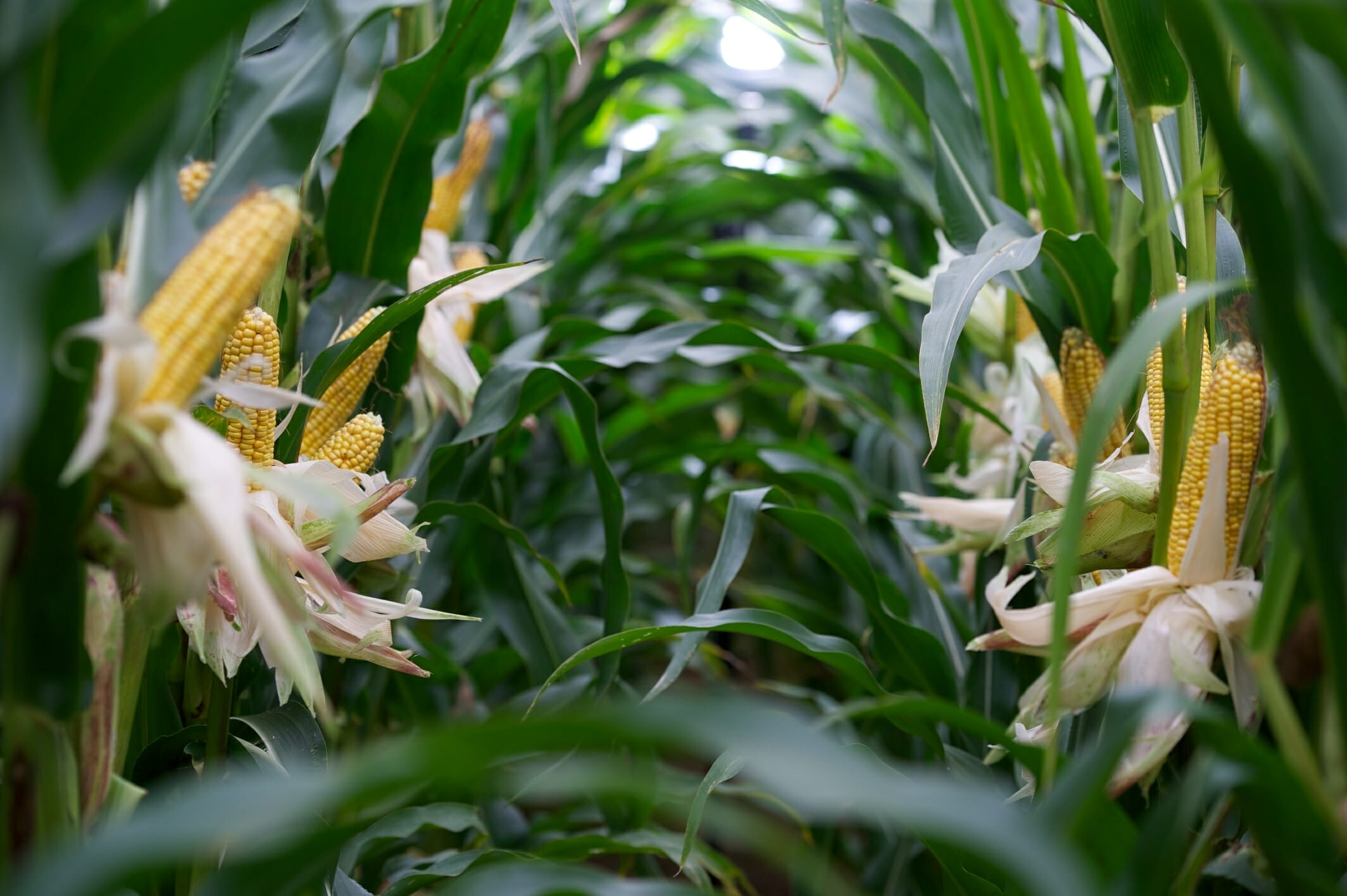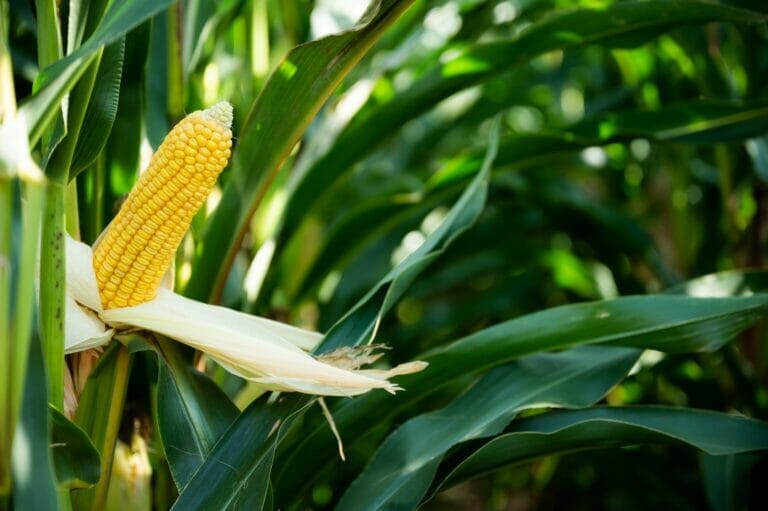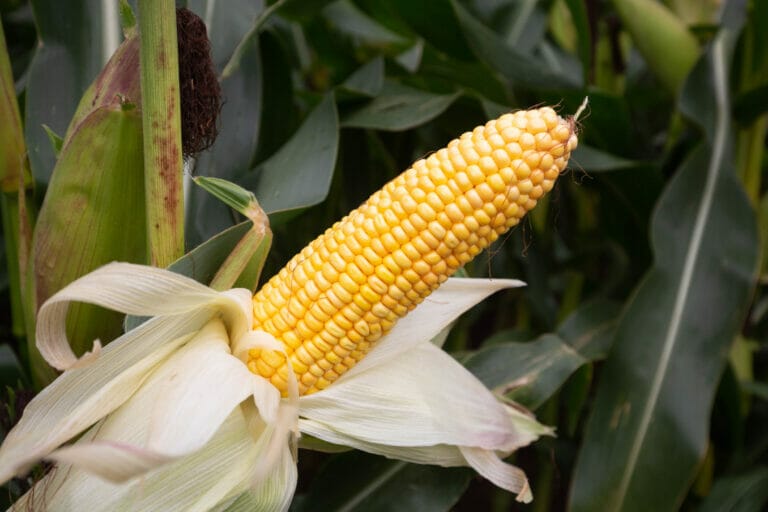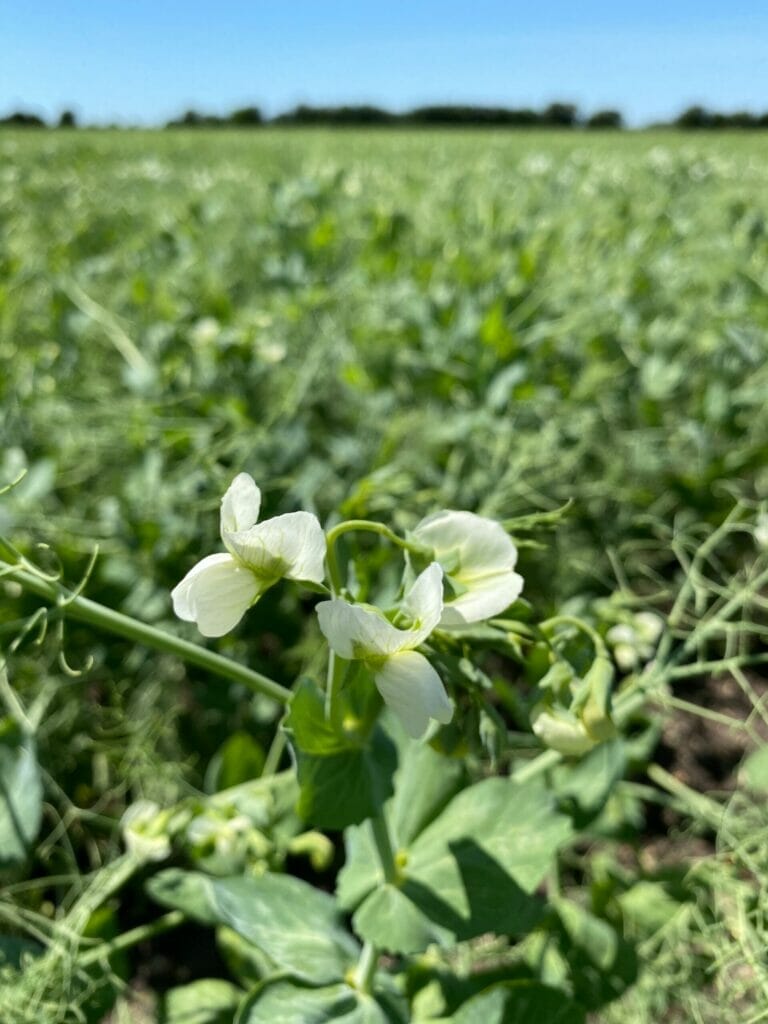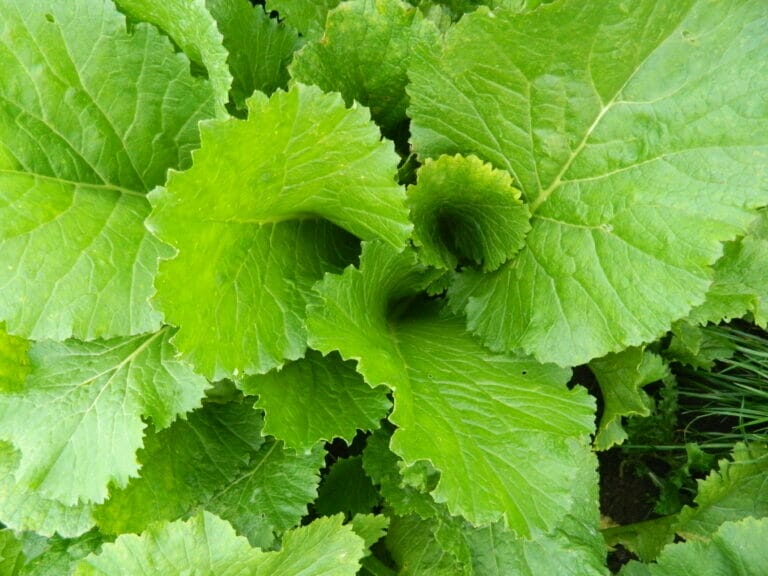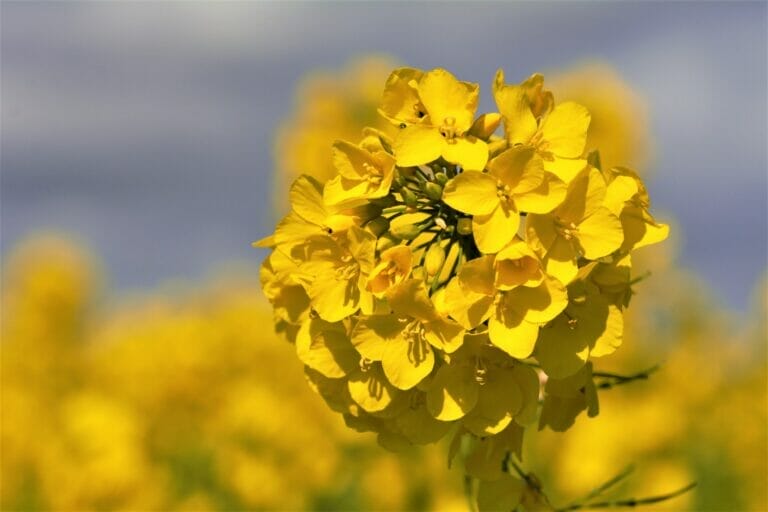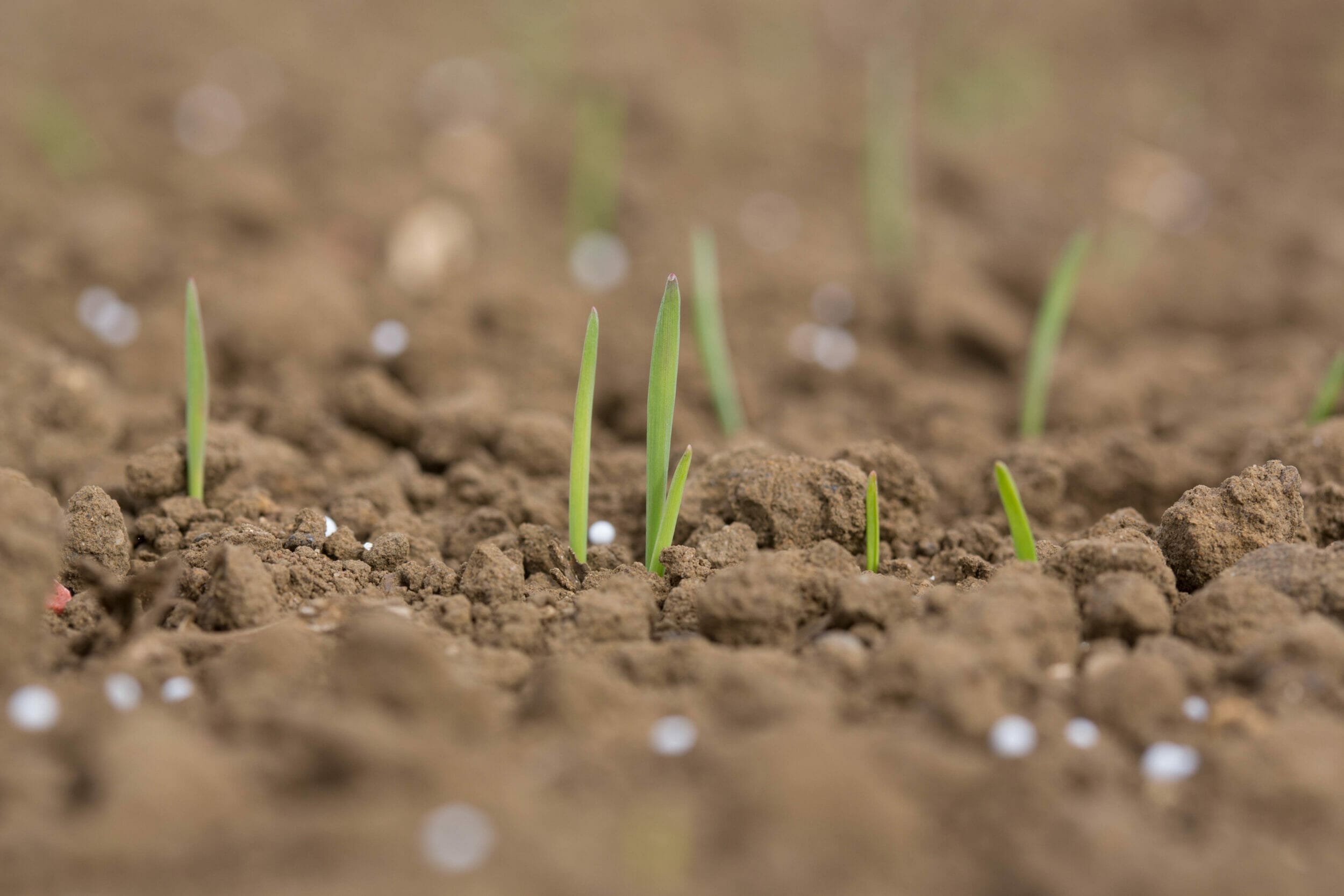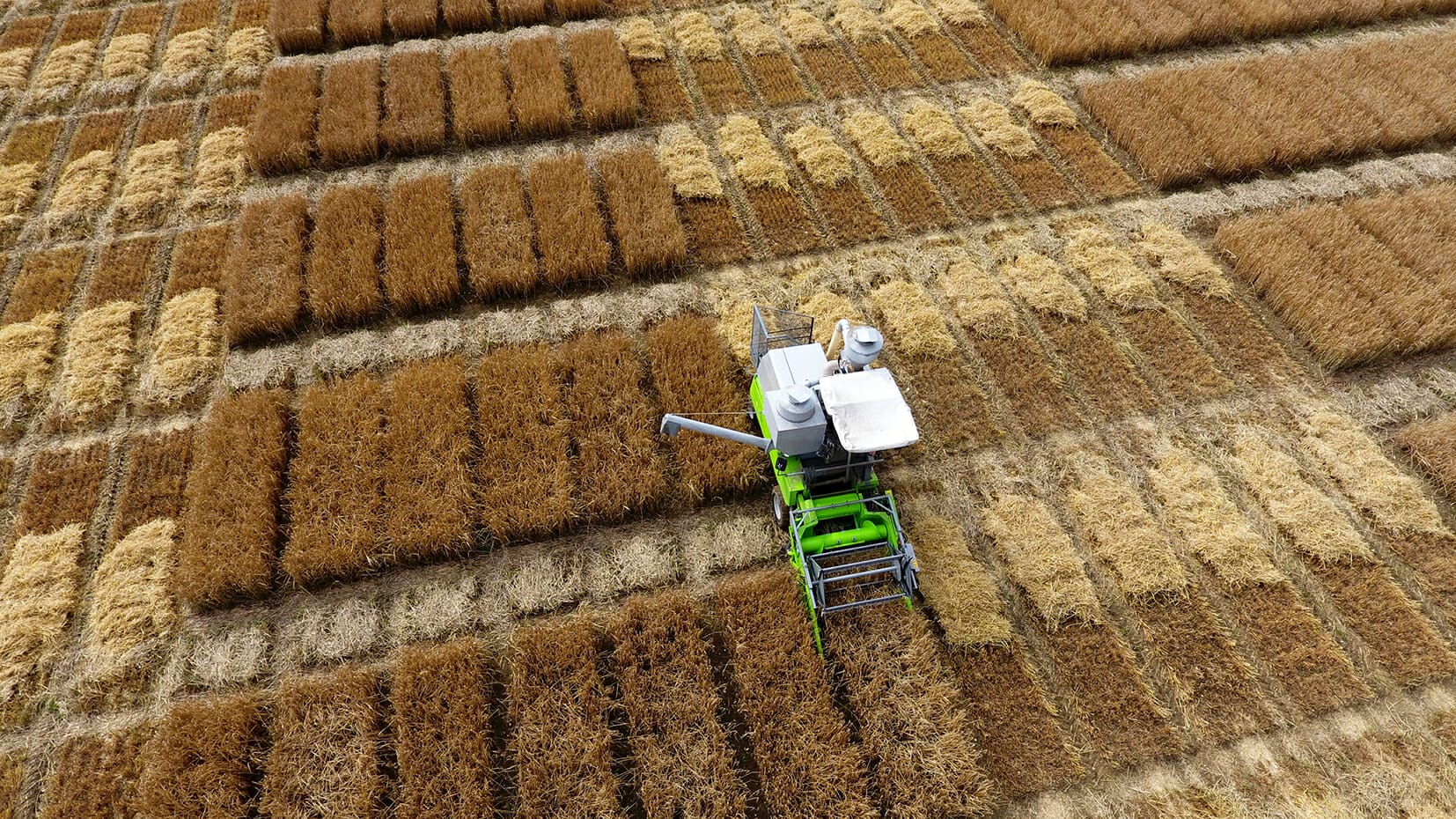“It is important to recognise the specific characteristics of wheats suited to this later dilled slot– they need to be strong tillering, with a faster ear development and growth habit in the spring. As breeders we have various seed growers who drill their wheats after sugar beet or potatoes and we have been able to judge which varieties have done well in this slot, over a range of different seasons and challenges.”
“We have seen some very good results from Evolution drilled in this later slot,” he adds.
“This high yielding Group 4 has proven itself to be a very flexible variety in that it performs well in many situations giving growers a variety that has shown consistency over years, regions, rotational position, soil type and drilling date –without compromising on its top yields.”
The recommendation is that Evolution fits the mid-late drilling slot with a latest safe sowing date of mid-February. Evolution drilled in late November and January trials has given better yields than alternative / spring wheat varieties, a preferred option by many growers, notes Mr Granger.
“However beyond this and once you get into mid-February sowing dates, spring wheats would be the preferred option.”
“In addition, where black-grass is a challenge, trials results have shown that if Evolution is later drilled, the variety would appear to compete with the weed and still goes on to produce yields superior to many other leading commercial wheat varieties.”
“Soils are still relatively warm, so establishment at the moment should be good which is important. However seed rates need to be adjusted accordingly depending on seed bed conditions, date of drilling and weather conditions at the time – and often this requires rates to be raised slightly- but growers will know what works for individual fields.”
He points out that later drilled varieties often have the advantage of requiring lower inputs, and may not for example, require an earlier autumn herbicide. Varieties such as Evolution have robust disease resistances that help to combat and withstand early spring disease challenges.




